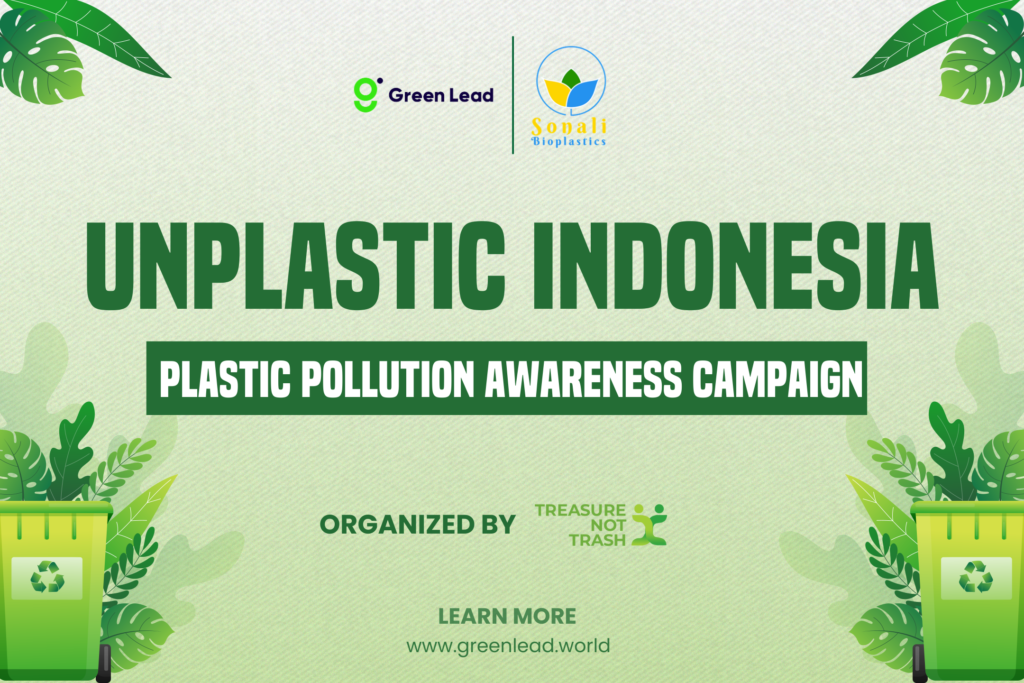
Plastic waste is a global environmental problem that is increasingly urgent to be addressed. Plastic, as a durable and economical material, has become an integral part of everyday life. However, its impact on the environment and human health is becoming increasingly apparent as plastic production and use increases.
Increased plastic consumption not only creates waste management problems but also threatens the sustainability of the ecosystem. Plastic waste can pollute water, land and air, cause damage to marine ecosystems and endanger wildlife. In addition, burning plastic waste can produce toxic gas emissions that are detrimental to human health. At the global level, efforts to reduce the impact of plastic waste have become a serious concern. Various government, non-governmental organization and community initiatives have been launched to manage and reduce the use of single-use plastics. However, the challenges faced are still large, especially at the local level.
Indonesia is the 5th largest waste producing country in the world in 2020. This recorded in a World Bank report entitled The Atlas of Sustainable Development Goals 2023. According to the report, in 2020 Indonesia produced around 65.2 million tons of waste. Countries with high waste production usually have large populations. However, the volume of waste in a country is not determined solely by the number of citizens, but also by the lifestyle of the people.
The World Bank predicts that “waste from upper-middle income countries is predicted to increase by around 70%, and waste from lower-middle income countries is projected to more than double by 2050.”
Indonesia and demonstrating the need for sustained action to address it. Collaborative efforts between government, the private sector, non-governmental organizations and communities are essential to achieve more effective and sustainable plastic waste management.\
Unplastic is a joint initiative of Green Lead and Sonali Bioplastics. We are excited to launch Unplastic Indonesia 2024 in collaboration with Treasure, Not Trash (TNT) to raise awareness of plastic pollution and bring a behaviour change in Indonesia.
